spread from tidyr can do this for you. Just change the values of the year column first to match the column names you want later.
library(tidyverse)
data <- tibble::tribble(
~Year, ~LOGWKS, ~ID,
1, "0,862124465", 1,
2, "0,433704181", 1,
3, "0,409959143", 1,
4, "0,763847693", 1,
5, "0,847479032", 1,
6, "0,855926486", 1,
7, "0,809774126", 1
)
data %>%
mutate(
Year = paste0("LOGWKS", Year)
) %>%
spread(
Year, LOGWKS
)
#> # A tibble: 1 x 8
#> ID LOGWKS1 LOGWKS2 LOGWKS3 LOGWKS4 LOGWKS5 LOGWKS6 LOGWKS7
#> <dbl> <chr> <chr> <chr> <chr> <chr> <chr> <chr>
#> 1 1 0,862124~ 0,433704~ 0,409959~ 0,763847~ 0,847479~ 0,85592~ 0,80977~
Created on 2019-08-09 by the reprex package (v0.3.0)
edit: if you have multiple variables to spread
you can use gather first and then cast it:
library(tidyverse)
data_semi_long <- tibble::tribble(
~Year, ~LOGWKS, ~whatever, ~ID,
1, "0,402711636", "0,182708713", 1,
2, "0,094020099", "0,776126975", 1,
3, "0,948184845", "0,083343821", 1,
4, "0,529592883", "0,462755147", 1,
5, "0,612587798", "0,613195331", 1,
6, "0,108845887", "0,032397081", 1,
7, "0,585433903", "0,788149493", 1
)
data_semi_long %>%
gather(key, value, -ID, - Year) %>%
mutate(
Year = paste0(key, Year)
) %>%
reshape2::dcast(
ID ~Year
)
#> ID LOGWKS1 LOGWKS2 LOGWKS3 LOGWKS4 LOGWKS5
#> 1 1 0,402711636 0,094020099 0,948184845 0,529592883 0,612587798
#> LOGWKS6 LOGWKS7 whatever1 whatever2 whatever3 whatever4
#> 1 0,108845887 0,585433903 0,182708713 0,776126975 0,083343821 0,462755147
#> whatever5 whatever6 whatever7
#> 1 0,613195331 0,032397081 0,788149493
Created on 2019-08-09 by the reprex package (v0.3.0)
